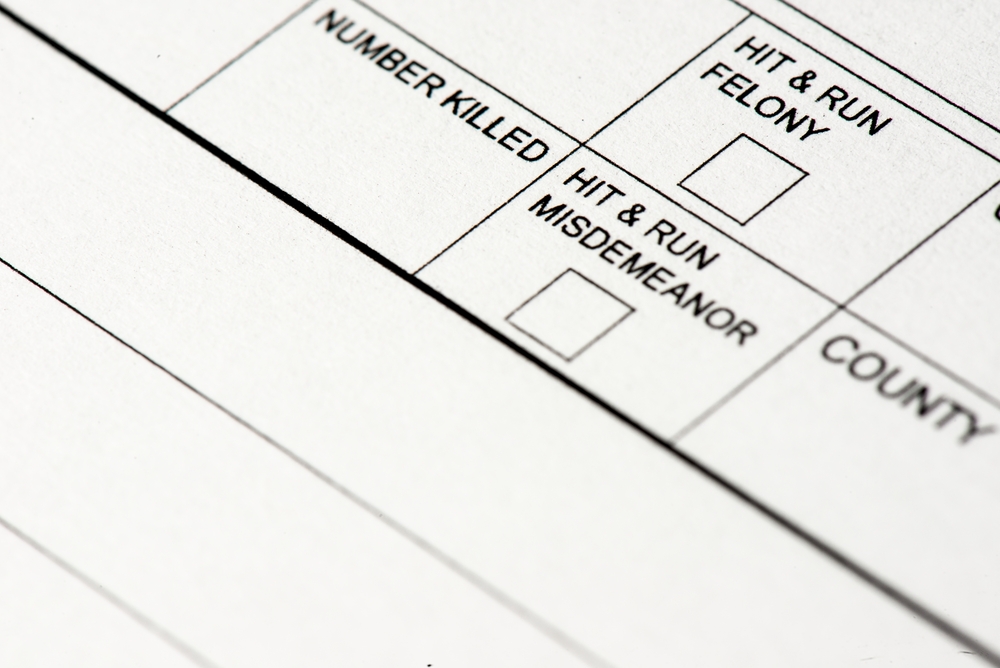In the world of criminal law, the terms “misdemeanor” and “felony” are frequently used, but many people may not fully grasp the key differences between them. The attorneys from Brennan Law Offices are here to shed light on this important topic and explain why it’s important to understand the distinction between misdemeanors and felonies when dealing with legal matters.
First of all, misdemeanors and felonies are two very broad categories that classify criminal offenses based on their severity. Read on for a breakdown of each.
What are Misdemeanors?
Misdemeanors are considered less severe crimes compared to felonies. They typically involve minor infractions that result in limited punishment. Common examples of misdemeanors include petty theft, disorderly conduct, simple assault, and minor drug possession. In most cases, the consequences for a misdemeanor may include fines, probation, community service, or a short jail sentence, usually less than one year.
What are Felonies?
Felonies, on the other hand, are the most serious types of criminal offenses. They encompass crimes such as murder, sexual assault, robbery, and drug trafficking. Felonies are often characterized by the potential for substantial harm to individuals or society as a whole. Convictions for felonies can lead to lengthy prison sentences or even life in prison or the death penalty, hefty fines, and long-lasting consequences such as the loss of certain civil rights.
Expungement and Misdemeanors
When discussing criminal records, expungement is a term that comes up frequently, and it’s especially relevant when dealing with misdemeanors. Expungement is the legal process of erasing or sealing a criminal record, making it inaccessible to the public or potential employers. Having the best expungement lawyers in Philadelphia by your side can be invaluable, especially if you have a misdemeanor on your record. In many states, one felony per person can be expunged if it fits the criteria under that state’s laws. You can find out about the laws governing expungement in the state of Pennsylvania from the lawyers at Brenna Law Offices.
Expungement can provide individuals with a fresh start by removing the stigma associated with a criminal conviction. This process is often available for those who have completed their sentence and have remained crime-free for a designated period. Eligibility criteria and the expungement process can vary by jurisdiction, so it is very important to consult with experienced attorneys who understand how the laws work when it comes to expungement of both felonies and misdemeanors in the state of Pennsylvania.
Felonies and the Need for Criminal Defense
When it comes to felonies, having a lawyer becomes essential. Felonies carry severe penalties, including lengthy prison sentences, and require a strong defense strategy. The outcome of a felony case can have a profound impact on your life, affecting not only your freedom but your reputation and your entire future.
Quality lawyers are well-versed in state and federal laws and can provide the expertise needed to navigate complex legal proceedings in your case. They can review evidence, build a strong defense, negotiate with prosecutors, and, if necessary, represent you or your loved one in court. Their goal is to protect your rights and achieve the best possible outcome, whether through acquittal, reduced charges, or minimized penalties.
Contact Us
Having the best criminal lawyers in Philadelphia on your side can make all the difference if you are accused of a crime, whether it is a misdemeanor or a felony. Call the experienced attorneys at the Brennan Law Offices today and secure the criminal defense you need to protect your rights and your future.

